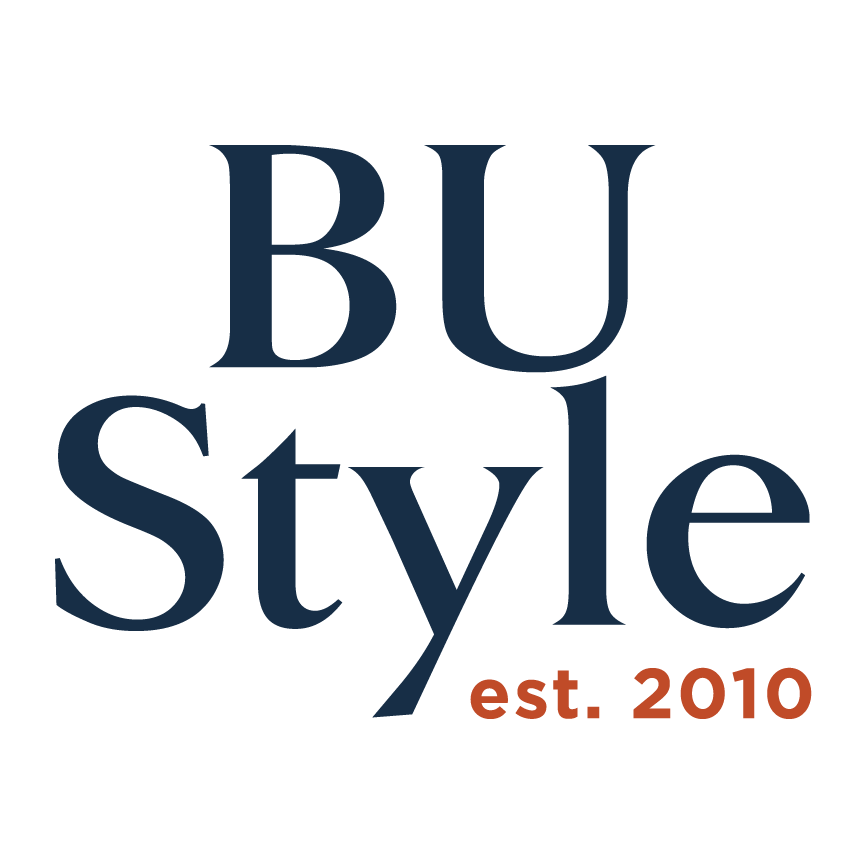In Search of Ethical Beauty
Truth time. I consider myself a bit of an expert when it comes to ethical standards for clothes. I make it my business. But beauty? It’s a world that I’m less familiar with, even though I know it’s highly important. As BU Style expands the importance of BU Beauty, that means we have to put equal care into the work we do for ethical and sustainability standards there as we do for clothes.
Here are some things I’ve learned recently that could be factors when choosing products:
Greenwashing: “Greenwashing” is a phenomenon where companies use subliminal packaging to make consumers think that a product is cruelty free, good for the planet, and clean. You know what I’m talking about. Sleek white packaging. Maybe a hint of green. So do a little more investigation before you buy it! Same goes for buzzwords that don’t mean much (“clean,” “natural,” “biodegradable”). Don’t fall for it!
Vegan: Looking for products that are “vegan” can be a priority for many people. But remember that palm oil is technically vegan, and it’s also incredibly harmful. Palm oil is linked to deforestation, destroying entire ecosystems.
Environmental Certifications: If you’re really interested in keeping the planet in mind, also keep an eye out for these certifications:
FSC 100% guarantees that any wood used in the product comes from an FSC certified forest
FSC Recycled certifies that the packaging comes from recycled or reused resources
FSC Mix means that the wood used in the product is either recycled or comes from legally harvested wood
Marine Life: When looking for sunscreen, do a little research to make sure you’re not doing harm to marine life. There are two chemicals that are particularly bad: oxybenzone and octinoxate. They’re responsible for coral-reef bleaching, a process that’s leading to the collapse of aquatic ecosystems. Instead, look for natural sunscreens with simple formulas. Personally, I look for zinc.
Inclusivity: Remember that inclusivity also extends to modeling and marketing campaigns. Are they including different skincare needs, tones, and bodies? Is that the kind of company you want to support?
Organic: There are a number of authentic and globally recognized organic certifications to look out for. Those include USDA, COSMOS, NaTrue, and The Soil Association. There are loopholes within the “organic” definition, so I would recommend approaching these certifications with a grain of salt.
Clean Supply Chain: To see if a brand’s supply chain is ethical, look for the B Corp label. This certifies multiple steps in a company’s supply chain and is considered holistic and comprehensive.
Employment: A certification from the Union for Ethical Biotrade to ensure safe and fair work environments should do the trick! We care so much about the environment and animals when we’re choosing products, so let’s do the same for employees and staff.
Animal Testing: Leaping Bunny is the only cruelty-free certification that’s internationally recognized. PETA’s cruelty-free seal is known as Beauty Without Bunnies. These both have high standards and are great places to start.
Buying Local: Certifications are great, but they’re expensive for companies to obtain. Not every ethical company can afford to go through what is a long and arduous process. For example, a small local business may be far more ethical than their larger competitors, but might never have the bandwidth or money to get certified. Keep that perspective when shopping at local markets!
I know this can be overwhelming. In an attempt to make things easier, I wanted to share some companies that hold themselves to high ethical standards.
So here are some brands to explore:
Lys
Merit
KVD
Kulfi
Meow Meow Tweet
ĀTHR Beauty
EcoRoots
Fat and the Moon
Conscious Skincare
Axiology
Andrea’s Organic Market
Dab Herb
One Love Organics
Butter Me Up Organics
Ethique
Knowledge is power!
Nat x

